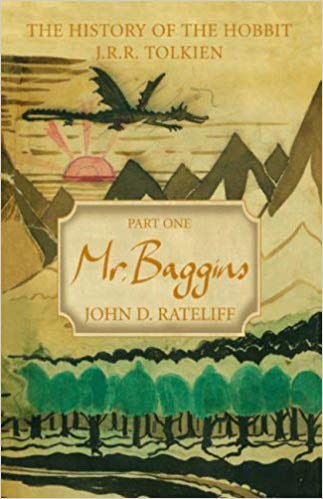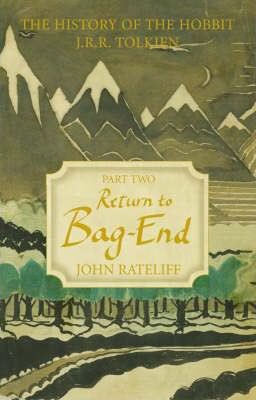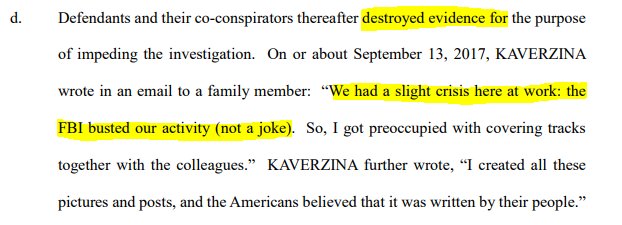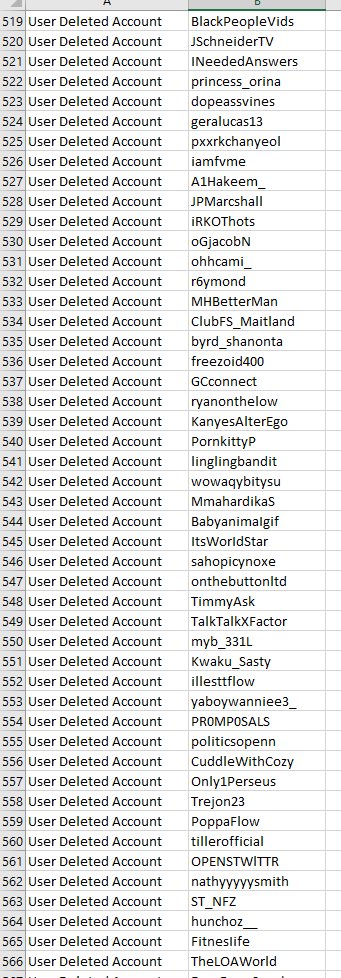@Marietmora introduces a panel on the PhD job market, with Waldo Ojeda, @MackenzieAlsto4, and @BreyonWilliams.

Chill out sometimes. You'll have a lot of stress; take time to bring yourself back down.
Applying for jobs is a full time job.
Summer: working on papers, work on packet, getting website up, etc.
When jobs start posting: start tracking.
Starting in fall some time, basically full time applying: the specific steps for each school. Still working on JM paper.
As you start to get calls: research depts you're hearing from.
Winter break: take a break, for real!
Jan: interviews.
Maybe a break before flyouts start (research dept), maybe not.
Job offer at some point!
Finish dissertation, etc.
Of course about the job market paper.
For more teaching oriented schools, what courses would you like to teach? What challenges have you encountered in teaching? How would you teach topic x?
"Why did you apply to this institution?"
In industry: would you be willing to work on a project like x?
Teaching: how would you involved students with your research.
Then they'll ask if you have questions. Some people apparently say you shouldn't ask Q's (I disagree!). You can ask general Q's or school specific Q's.
Your website - make sure you can be found and the papers can be downloaded. (Clickable is way more important that abstract.)
If you have an R&R, be prepared to talk about the reviewers' issues in interviews.
Your job market paper really can't already be published.
Be aware of the weather conditions for ASSA and flyouts (think about shoes).














